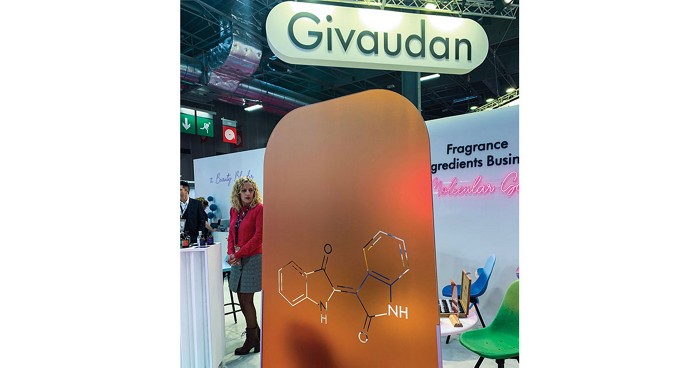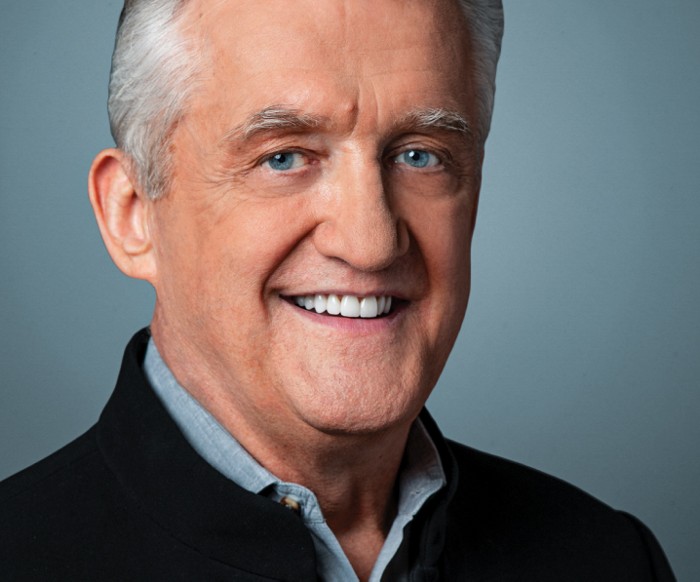Advertisement
Grab your lab coat. Let's get started
Welcome!
Welcome!
Create an account below to get 6 C&EN articles per month, receive newsletters and more - all free.
It seems this is your first time logging in online. Please enter the following information to continue.
As an ACS member you automatically get access to this site. All we need is few more details to create your reading experience.
Not you? Sign in with a different account.
Not you? Sign in with a different account.
ERROR 1
ERROR 1
ERROR 2
ERROR 2
ERROR 2
ERROR 2
ERROR 2
Password and Confirm password must match.
If you have an ACS member number, please enter it here so we can link this account to your membership. (optional)
ERROR 2
ACS values your privacy. By submitting your information, you are gaining access to C&EN and subscribing to our weekly newsletter. We use the information you provide to make your reading experience better, and we will never sell your data to third party members.
Business
Pharma Firms Swap Assets
Pharmaceuticals: Novartis, GSK, and Lilly trade businesses to create more focused companies
by Ann M. Thayer
April 25, 2014
| A version of this story appeared in
Volume 92, Issue 17
Novartisis exiting vaccines, GlaxoSmithKline is shedding oncology drugs, and Eli Lilly & Co. is boosting its animal health business through a suite of multi-billion-dollar transactions with each other. All told, the big pharma companies expect the swaps to strengthen their market positions at a time when all three are struggling to grow.

In the biggest transaction, Novartis will pay up to $16 billion to acquire GSK’s oncology products business. The deal includes R&D related to GSK’s approved cancer drugs and rights to its AKT protein kinase inhibitor, currently in Phase II clinical trials. Novartis will also get commercialization opt-in rights to GSK’s oncology R&D pipeline for 12.5 years.
The addition will make Novartis the second-largest company in the oncology drug field, according to Frank Orthbandt, corporates director at credit-rating firm Fitch Ratings. Roche is number one.
Meanwhile, GSK will buy Novartis’s vaccines business excluding flu vaccines, where Novartis is looking for a separate buyer. The acquisition will give GSK a vaccines business with more than $7 billion in annual sales and more than 20 candidates in development.
In a third transaction, Novartis and GSK will combine their consumer health businesses into a joint venture. It will have about $11 billion in annual sales of mostly over-the-counter drugs.
“Opportunities to build greater scale and combine high-quality assets in vaccines and consumer health care are scarce,” GSK CEO Andrew Witty said when announcing the deals. With the transactions, “we will substantially strengthen two of our core businesses,” he said.
Novartis had one more move up its sleeve after its deals with GSK. The Swiss firm agreed to sell its animal health division to Lilly, which will combine the business with its Elanco unit to create a $3.3 billion animal health company. It will be the world’s second-largest such business after Zoetis, the company spun off by Pfizer last year.
This acquisition will be Lilly’s eighth since 2007, when it decided to invest in its then-number-eight-ranked animal health business.
“Elanco has been a key growth engine during the time when we suffered the ill effects of patent expirations on several of our major human pharmaceutical products,” Lilly CEO John C. Lechleiter told analysts last week.

For its part, Novartis was looking for ways to turn good businesses that lacked scale into ones that could compete, CEO Joseph Jimenez told stock analysts. When it completes the transactions in 2015, Novartis will be about 7% smaller in sales, but it will be focused on what he calls the “growth engines” of pharmaceuticals, eye care, and generic drugs.
The asset trades “highlight the industry’s growing emphasis on efficiency through more focused R&D and the pursuit of scale in consumer healthcare,” Fitch’s Orthbandt wrote in a review of the deals.
While Novartis, GSK, and Lilly were preparing to announce their deals, an article in the U.K.’s Sunday Times stated that Pfizer had made a $100 billion bid to acquire AstraZeneca, which reportedly rejected it.
Such a deal, if it came to pass, would make sense for three reasons: taxes, cost-cutting, and an improved R&D pipeline, Leerink Swann stock analyst Seamus Fernandez told clients in a report.
AstraZeneca CEO Pascal Soriot declined to comment directly on a proposed deal when reporting first-quarter 2014 earnings last week. Instead, he emphasized that AstraZeneca is “very committed to creating value on an independent basis.” But, he added, the company will look for partners for roughly $4 billion worth of noncore businesses in the areas of neuroscience and infectious disease.





Join the conversation
Contact the reporter
Submit a Letter to the Editor for publication
Engage with us on Twitter